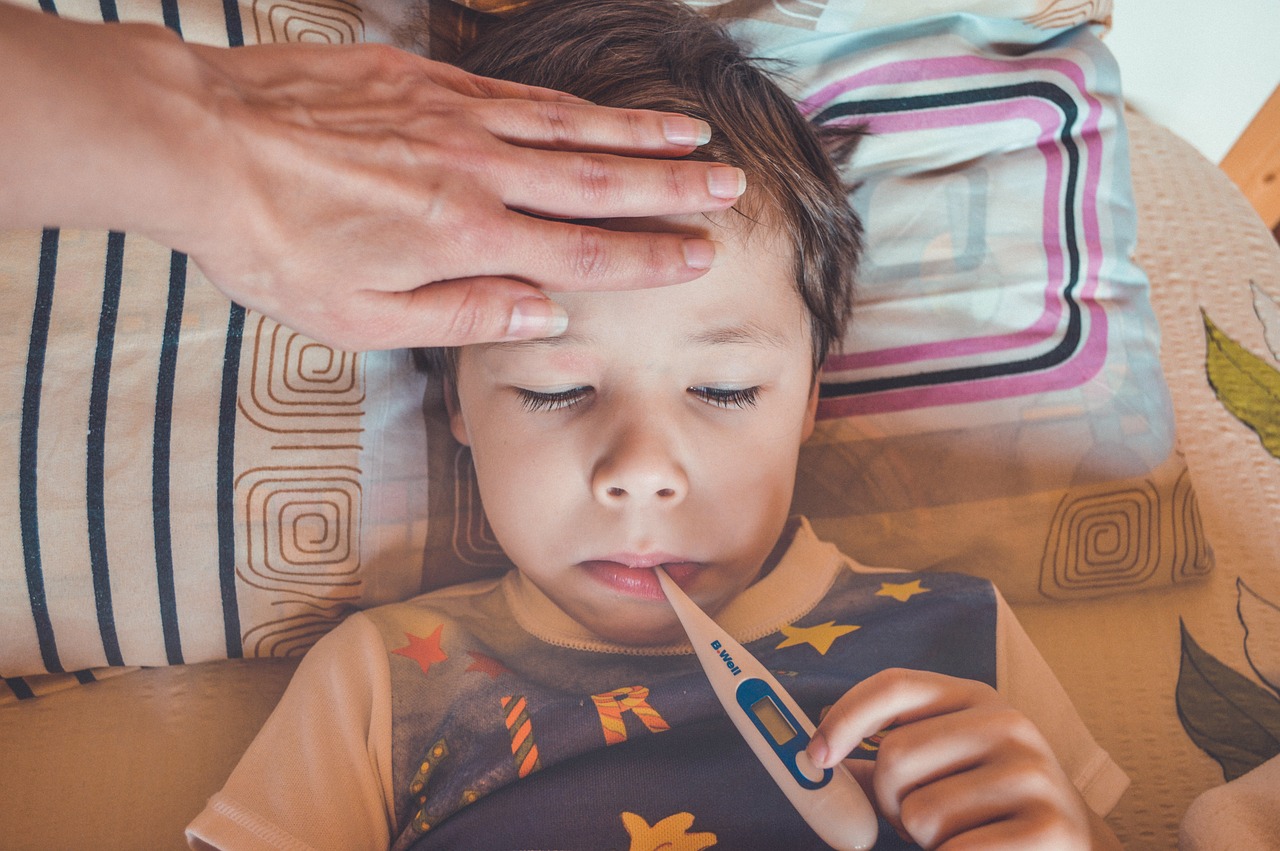A recent study published in the JAMA Open Network reveals a link between the rise in sudden unexpected infant deaths (SUID) and an extraordinary increase in respiratory syncytial virus (RSV) in 2021.
SUID includes newborn deaths in children under one year old due to unknown causes, unintentional suffocation, and sudden infant death syndrome (SIDS). The CDC reports that around 3,700 newborns died from SUID in 2022, with SIDS accounting for 41%.
This is an important topic because SIDS and other unexpected deaths remain among the primary causes of newborn mortality.
In a recent interview with ABC News, Dr. John Brownstein, an epidemiologist and chief innovation officer at Boston Children’s Hospital and an ABC News contributor, stated that there is still more to learn.
Researchers examined over 14,000 SUID cases from CDC records, finding a 10% increase in incidence per 100,000 live births between 2019 and 2021. Notably, the highest SUID rates were documented between June and December 2021, corresponding with an off-season increase in RSV hospitalizations.
The findings emphasize the necessity of monitoring infant mortality during and after pandemics, and it definitely provides strong support for immunizations and RSV prevention,” Brownstein added.
New RSV vaccines are now available, with pregnant women advised to have an RSV vaccine between 32 and 36 weeks of pregnancy to provide antibody protection to their newborns.
Additionally, the CDC recommends an RSV antibody shot called nirsevimab for newborns under eight months old, unless their mothers were immunized shortly before delivery.
According to the CDC, the following are RSV symptoms that parents should look out for in their children. Infants’ symptoms may include:
Irritability
Reduced activity
Limiting intake and addressing apnea (breathing pauses lasting more than 10 seconds).
Many infants with RSV infection do not develop a fever.
Symptoms in young children may include:
- Runny nose.
- Eating or drinking less.
- Cough, which can lead to wheezing or difficulty breathing.
Finally, healthy sleep habits are essential for avoiding SUID. The American Academy of Pediatrics recommends that infants sleep alone on their backs on a firm surface to ensure a safe sleep environment.








